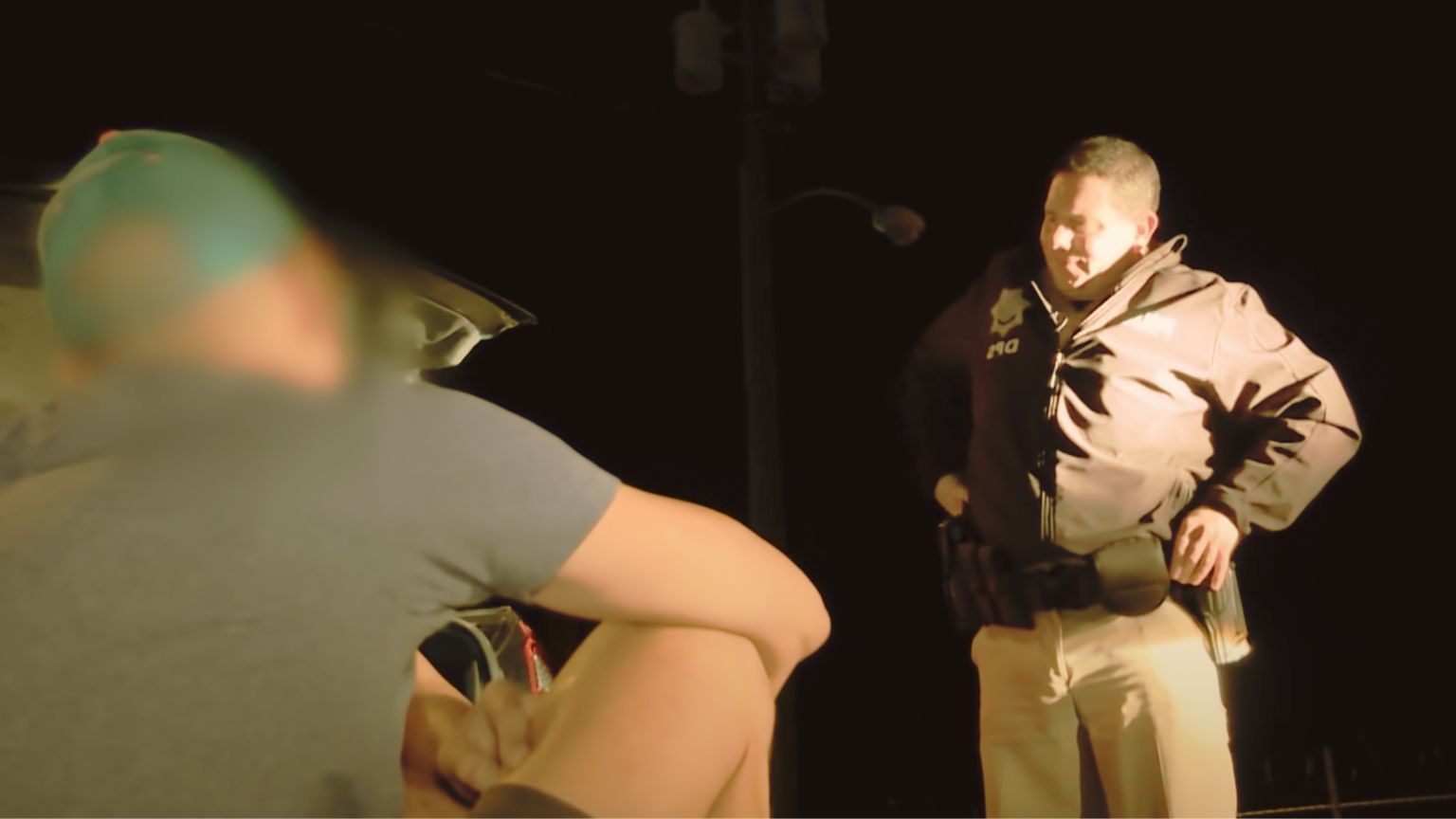The US Court of Appeals for the Tenth Circuit ruled that the right to record the police is protected by the First Amendment. Other appellate courts that have ruled the same include the Eleventh, Fifth, Seventh, First, Ninth, and Third circuits.
The ruling came in the Irizarry v. Yehia case. Irizarry, a journalist who records on-duty cops, filed the case after an encounter with Officer Yehia. The journalist tried to record a traffic stop, but Officer Yehia stood in front of the camera and pointed a flashlight into it.
We obtained a copy of the ruling for you here.
“Mr. Irizarry was engaged in protected First Amendment activity when he filmed the traffic stop,” the court ruled, adding that Irizarry “suffered an injury when Officer Yehia stood in front of his camera and shined a flashlight into it.”
The Tenth Circuit tossed the officer’s argument of qualified immunity, a doctrine that protects law enforcement officers from being held accountable unless they break a “clearly established” law.
The Electronic Frontier Foundation (EFF) agrees that the right to record on-duty police is protected by the First Amendment. In an amicus brief filed in this case, the EFF explained:
“Examples of interference abound. Officers have destroyed civilians’ devices, confiscated their devices and footage, commanded them to delete their footage on threat of arrest, slapped their devices to misdirect their recording, menaced them with guns, and detained or arrested them.”
Another tactic officers use is playing popular music in full blast. The idea is that social media platforms’ copyright filters will block the posting of the footage.













